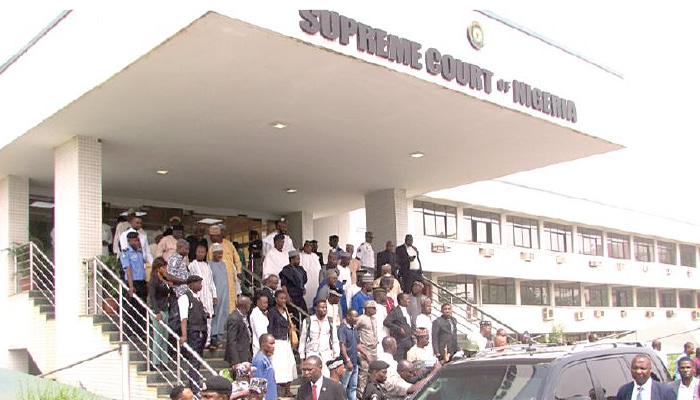
In a case with significant implications for the fight against corruption in Nigeria, the Supreme Court will deliver its ruling today on a lawsuit filed by 16 state governments challenging the constitutionality of the Economic and Financial Crimes Commission (EFCC). The states argue that the EFCC was unlawfully established, claiming the 2004 EFCC Establishment Act violated Section 12 of the 1999 Constitution, which mandates that states’ houses of assembly must approve international conventions before they can be enacted into law.
The plaintiffs, led by Kogi State, argue that the EFCC’s legal framework stems from a United Nations convention on corruption that was not properly domesticated within Nigerian law. They maintain that since the convention was not approved by a majority of the states, the EFCC’s operations in their territories are unconstitutional.
The EFCC, in response, expressed concern over the legal challenge. Wilson Uwujaren, the agency’s Director of Public Affairs, said, “We are shocked by what is happening. Nigerians should see through this shenanigan… Nigeria cannot do without the EFCC.”
Notable legal figures have expressed contrasting views on the matter. Senior Advocate of Nigeria (SAN) Olisa Agbakoba argued that the EFCC was unconstitutionally formed, stating, “The powers under which it was established go beyond the powers of the National Assembly.” However, human rights activist Femi Falana disagreed, emphasizing that the EFCC’s establishment aligns with federalism principles.
The outcome of today’s ruling will clarify the legal standing of the EFCC and potentially reshape the landscape of Nigeria’s anti-corruption efforts.








